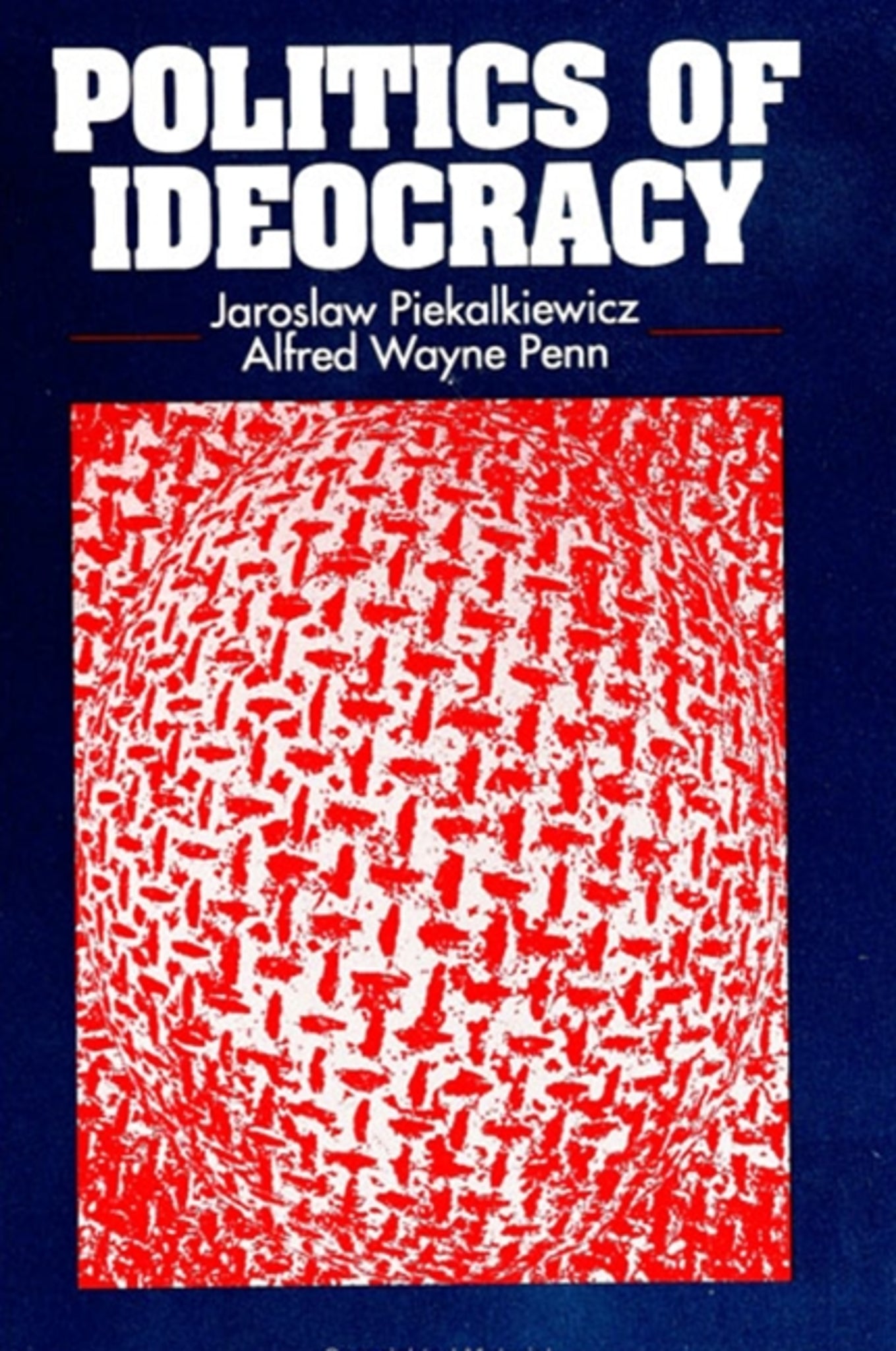We're sorry. An error has occurred
Please cancel or retry.
Politics of Ideocracy

Some error occured while loading the Quick View. Please close the Quick View and try reloading the page.
Couldn't load pickup availability
- Format:
-
03 February 1995

Explains why and how ideocratic and totalitarian governments emerge, establish themselves, evolve, eventually collapse, and disintegrate or transform themselves into new ideocracies.
Expanding upon the concept of totalitarianism, this study introduces the concept of ideocracy to encompass all those political systems that legitimize their actions by reference to an all-inclusive utopian ideology. It distinguishes pluralist systems, marked by competing schools of thought, from monistic systems in which a utopian ideology is dominant. Focusing on twentieth-century regimes, the authors develop Weberian ideal-type models to clarify different forms of ideocracy and pluralism; explore the ideal-type model of ideocracy; and analyze the dynamics of political life using models that allow readers to examine the contradictions and evolutionary paths of specific political systems. In addition, they examine diverse psychological, social, and environmental factors in analyzing the emergence of ideocracies and their subsequent evolution and emphasize that although these systems may persist for extended periods, they may also evolve into other forms of government through processes ranging from radical transformation to gradual erosion.


"This book helps the reader to understand why and how ideocratic/totalitarian governments emerge, establish themselves, evolve, and eventually collapse, disintegrate, or transform themselves into new ideocracies. It helps comprehend past and present ideocratic governments and provides fine conceptual tools for identifying early signs of incipient ideocracies. It is interesting, full of important insights, and clearly written and organized." — Maria Los, University of Ottawa
"This book's real novelty is the proposal to use the term 'ideocracy' not only as a description of a distinctive feature of classical totalitarianism but as a wider typological category. I see this as a truly innovative and valuable contribution to comparative politics." — Andrezj Walicki, O'Neill Chair of History, University of Notre Dame
Acknowledgments
Introduction
Chapter I. Ideocracy as a Distinctive Form of Politics
What Is Ideocracy?
Ideocracy Distinguished
Intellectual Origins of Ideocracy
Organic and Mechanical (Pragmatic) Concepts of the State
Politics and Problem Solving
Community and Ideology
Ideocracy Described
Chapter II. Psychological and Cultural Aspects of Ideocracy
Traditional Culture and Divergent Individual Propensities
Chapter III. Ideocratic Framework of Politics
The Foundations of Legitimacy
The Organization of Political Leadership
The Penetration of Political and Social Organizations
The Nature and Scope of Political Involvement: Total Mobilization
The Major Components of Ideocracy
Chapter IV. Causes of Ideocracy
Stability
Types of Social Disruption
Multipliers of Cumulative Disruption
Leadership, Ideology, and Organization
Scenario of Ideocratic Revolution
Chapter V. Ideocracy in Dynamic Perspective: Inception and Stabilization
Introduction
Inception of Ideocracy
Stabilization
Chapter VI. The Evolution of Ideocracy
Self-Destruction
Peaceful Erosion
Regeneration
Conclusion: Ideocracy and Processes of Dynamic Change
Conclusion
Notes
Bibliography
Index



